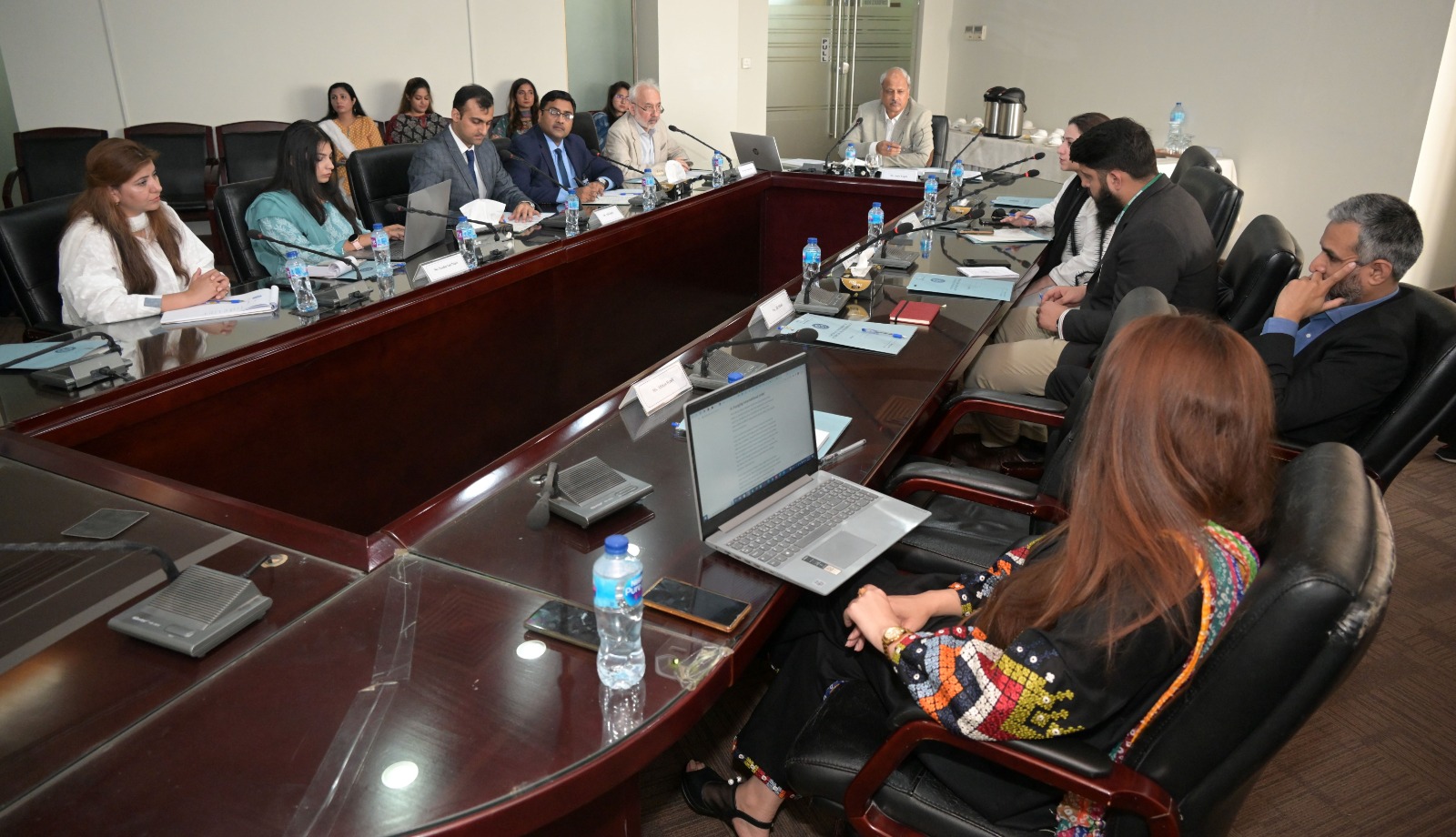Saudi-Iranian Rapprochement
-Share this story:
Islamabad, June 7, 2023 – NUST Institute of Policy Studies (NIPS) organized the webinar on Saudi-Iranian Rapprochement on Wednesday, June 7, 2023. The webinar was moderated by Mr. Amir Yaqub, Director Operations and Collaboration, NIPS, and attended by veteran statesmen, diplomats, academic and think tank experts, researchers, and students.
The first keynote speaker, Ambassador Javid Hussain (Retd), former envoy of Pakistan to Iran, discussed that the détente between these two regional powers has the potential to bring about positive changes, countering the negative impacts of competitive and conflict-ridden trends of the Middle Eastern geopolitics. He remarked that the agreement reached between Saudi Arabia and Iran, through Chinese good offices, is a testament to the victory of pragmatism which shows that mutual understanding and cooperation are vital in safeguarding national interests. The veteran diplomat stated that the agreement has further cemented China’s status as a key enabler of peace in the current interstate system and will be crucial for regional trade, prosperity, and stability.
The second keynote speaker, Professor Ahmet Uysal, Director of Middle Eastern Studies, Center for Middle Eastern Studies (ORSAM), Ankara, said that the Turkey emphasizes the importance of maintaining friendly relations with neighbors, as Muslims are people of peace. He stressed that it is essential to have safety and security in neighboring nations for fostering a harmonious and stable Middle East. He highlighted that the vision of Muslim countries ultimately should be to address regional challenges within the region itself, without unnecessary interference. Prof. Uysal commented that by taking ownership of solving their own problems, Muslims can ensure regional autonomy and promote self-determination. He welcomed the recent rapprochement between nations and hoped for the reduction in tensions within the region.
The keynotes were followed by an extensive discussion session in which experts raised cogent points.
Mr. Imtiaz Gul, Executive Director, Center for Research and Security Studies, pointed out that regional politics is shifting rapidly which calls alert and careful diplomacy on the part of Pakistan to avoid falling behind the geopolitical curve in the region.
Lieutenant. General Masud Aslam (Retd) highlighted the long history of Saudi-Iranian differences and stressed that Pakistan should cleave to realism and prudent management of bilateral relations with Saudi Arabia and Iran. He further considered that the path to progress of this agreement will be fraught with multiple challenges.
Mr. Solvere Lim Swee Keng, a Singaporean S&T and global affairs expert, underscored the need for intra-civilizational and inter-civilizational harmony for regional and global peace. He said that trade and connectivity have proven to be reliable vehicles for harmony promotion within and across regions.
Ambassador Masood Khalid (Retd), the former ambassador of Pakistan to China, said that growing China-Persian Gulf interdependence was rapidly changing regional dynamics. He stated that China’s non-kinetic approach to conflict resolution founded on masterful diplomacy had helped increase goodwill for China in the region. He pointed out that CGTN Arabic was a powerful means of Chinese soft power projection, winning hearts and minds, but he also mentioned that India’s growing influence in the Middle East through initiatives like I2U2 could affect regional stability.
Ambassador Fauzia Nasreen (Retd), former Higher Commissioner of Pakistan to Australia, highlighted that the evolving relations between Arab countries and Israel represent a significant turning point and a departure from the dynamics seen during the Arab Spring in 2011. She considered, however, that it was too soon to extrapolate from Israel-Arab rapprochement the normalization of Iran-Israel relations.
Mr. Nasir Ali Shah Bukhari, Chairman KASB Group, emphasized the importance of exploring trade prospects following the Saudi-Iranian rapprochement. He discussed that this recent rapprochement has paved the way for a tremendous surge in trade opportunities, which can be carried out under the banner of the Organization of Islamic Cooperation (OIC). With the stage set for enhanced cooperation, Pakistan must also seize this opportunity and foster flourishing trade relationships across the region.




